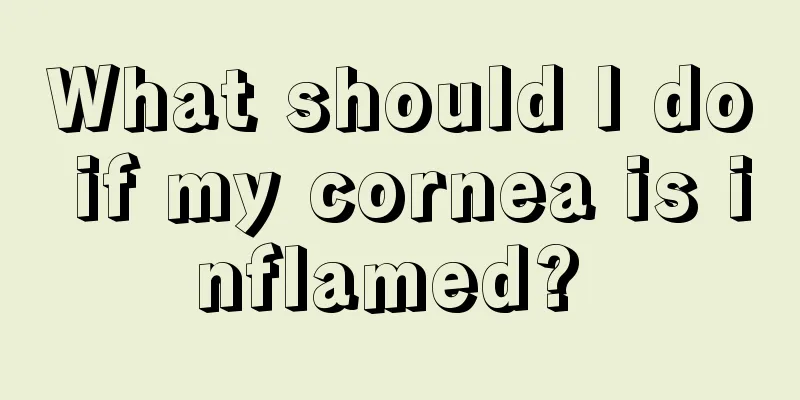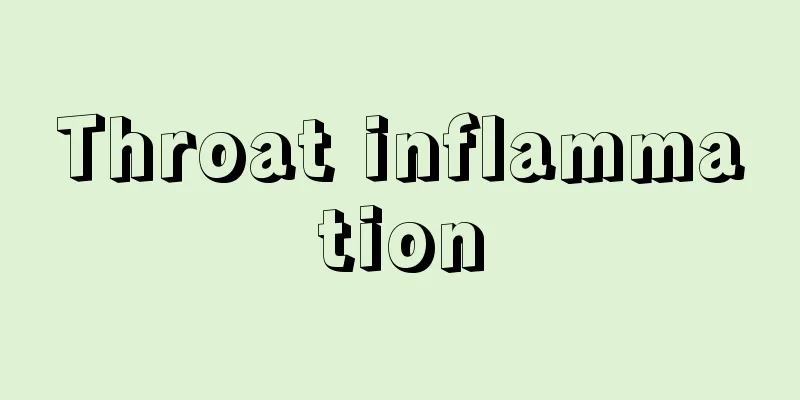Are the centipedes at home poisonous?

|
I believe everyone is familiar with the insect centipede. Since centipedes like humid and ventilated environments very much, the living environment of many people's homes is more suitable for centipedes to survive, so it is easy to attract these uninvited guests. Centipedes look quite scary. Another important reason why people are afraid of them is that they are worried that they are poisonous and will hurt us. So, are the centipedes in our homes poisonous? Let’s take a look below. The centipede's legs are hooked and sharp, with a poison gland opening at the tip of the hook, generally called palatal teeth, tooth claws or poison limbs, which can excrete venom. After being bitten by a centipede, its venom glands secrete a large amount of venom, which is injected into the subcutaneous tissue of the bitten person along the venom gland opening of the palatal teeth, causing poisoning. The toxin is not strong and the sting will cause pain but will not be fatal. The medicinal centipede is a large lipped myriapod with only 21 pairs of legs and 1 pair of maxillipedes; the "money centipede" is a close relative of the centipede, scientifically known as Centipede, with only 15 pairs of legs and 1 pair of maxillipedes; the "stone centipede" also has only 15 pairs of legs. Some centipedes have many short legs, with 35 pairs, 45 pairs, and up to 750 pairs. Centipedes have a strong ability to drill into cracks. They often use their sensitive antennae and flat head to probe cracks. They can pass through or live in most cracks in rocks and land. When the density is too high or there is too much disturbance, they may fight each other and die. However, under artificial breeding conditions, if there is sufficient food and drinking water, dozens of them can live together. Centipede is a typical carnivorous animal with a ferocious nature. It eats a wide range of food, especially insects. When food is scarce in early spring, they can also eat a small amount of grass and moss shoots. I think everyone should be clear about whether the centipedes in the home are poisonous. Centipedes are poisonous to a certain extent and will actively attack humans. Therefore, if there are centipedes at home, it is best to pay enough attention to it and understand the treatment measures after being bitten by centipedes, and deal with them in time to avoid greater impact on our health. |
<<: What is the reason for having centipedes at home
>>: What's going on when centipedes appear at home?
Recommend
How to treat advanced kidney cancer?
How to treat late-stage kidney cancer? The main t...
How to prevent nasopharyngeal cancer
How to prevent nasopharyngeal cancer? Nasopharyng...
How to treat chronic bleeding gums?
In real life, gingival bleeding is a common oral ...
What are the effects and functions of Gynostemma pentaphyllum?
Gynostemma pentaphyllum is also known as the plan...
How long can you live after ovarian cancer removal
How long can patients with ovarian cancer live? M...
How to treat shoulder adhesion
The treatment of shoulder adhesion includes surgi...
You don't know the correct enema method
Enema is the process of injecting liquid into the...
How much does chemotherapy cost after breast cancer resection
The emergence of many diseases has brought a lot ...
The efficacy and function of overnight tea leaves
Overnight tea is also known as the tea that was l...
What is the commonly mentioned brain cancer?
What is brain cancer? Brain cancer is also called...
The cause of prostate cancer is often related to dietary factors
Now, as the number of patients with prostate canc...
Does fennel have an aphrodisiac effect?
Fennel is a common vegetable, but many people don...
What medicine should I take for early skin cancer
What is the prescription for treating skin cancer...
What is the muscle next to the neck called
There is a muscle between our neck and shoulders ...
My chest hurts when I stand up from sitting
If it is not a gastrointestinal problem, then the...









